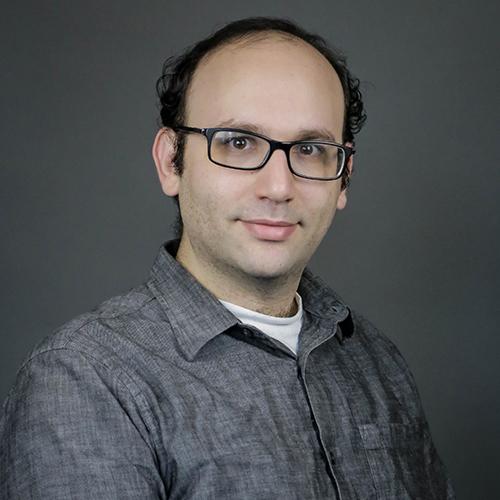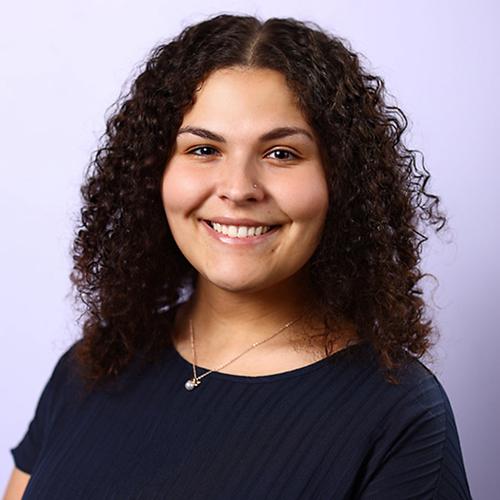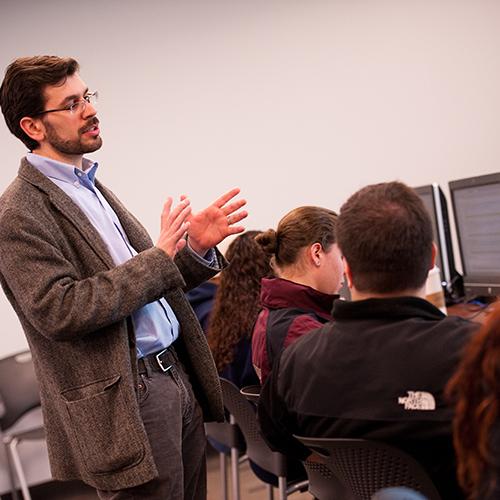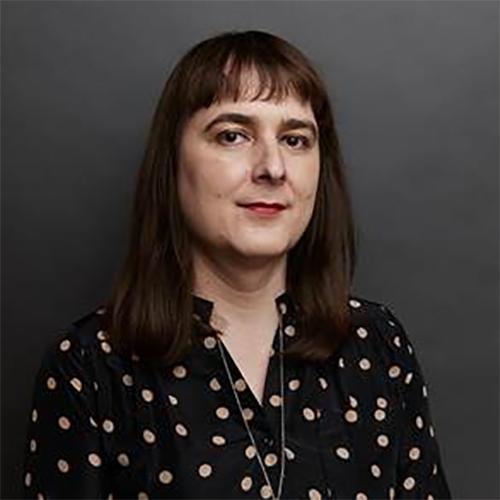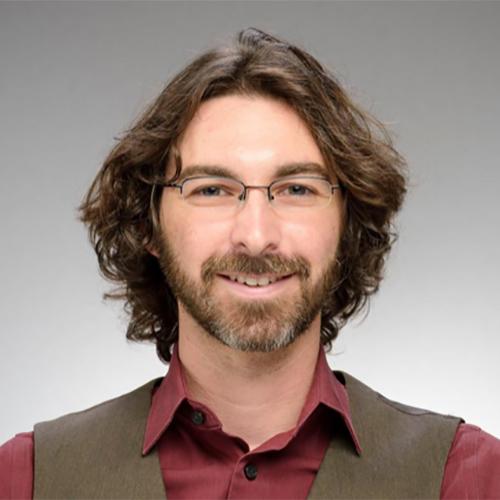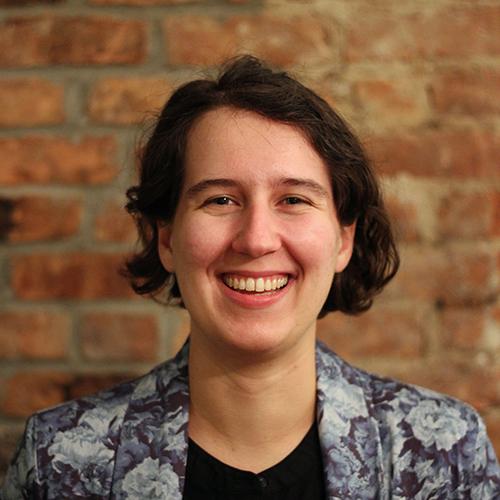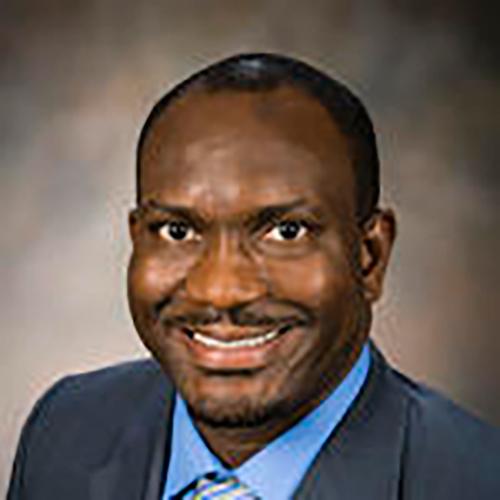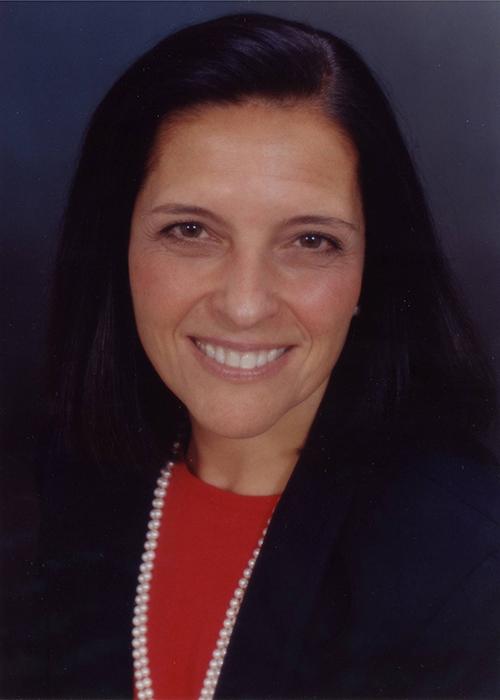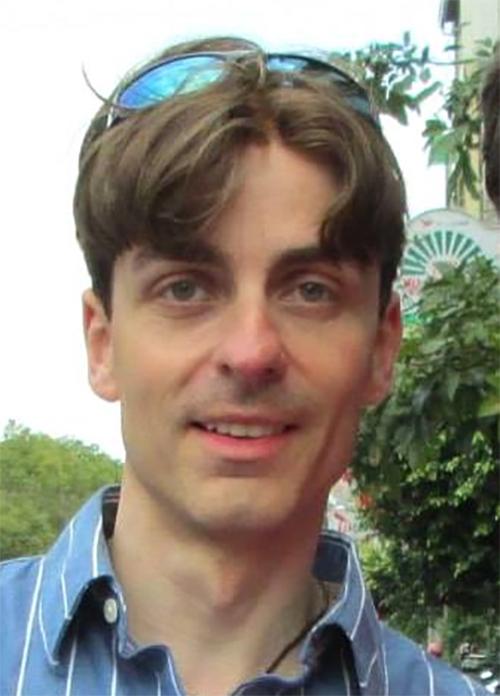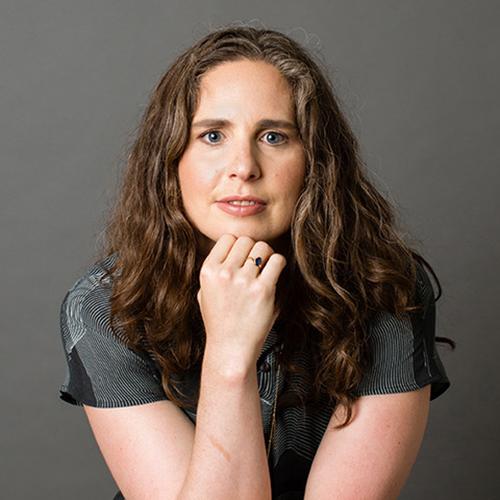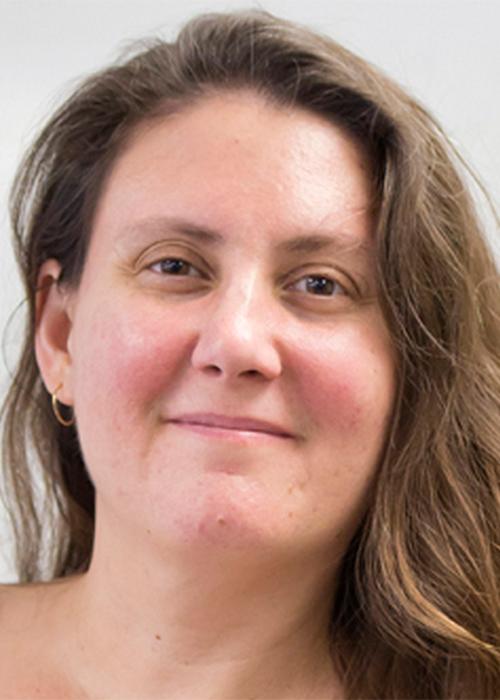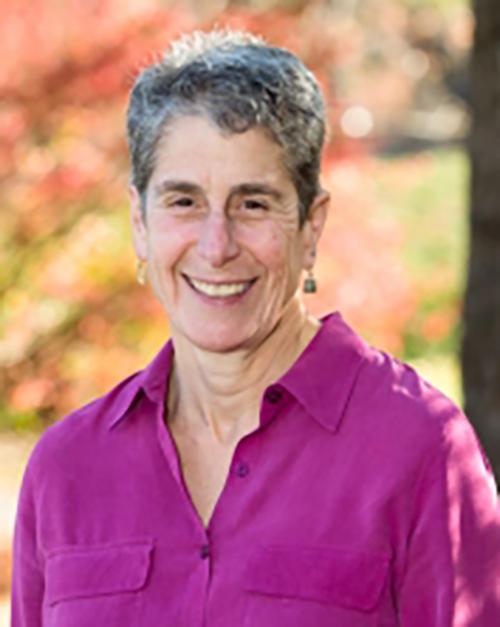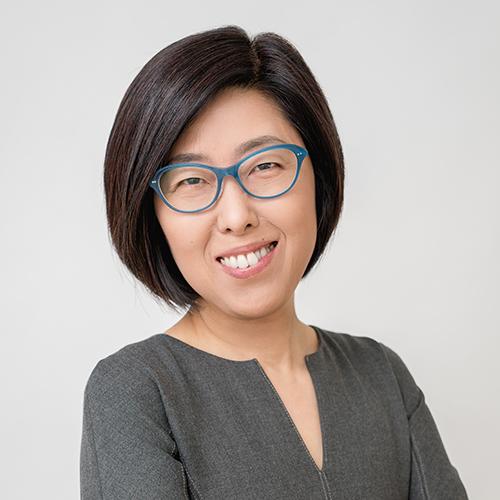Data Science Symposiums at Iona University
It seems that with each passing day there is another headline that mentions “data” and how it interplays with our lives. Through these talks, we seek to explore and understand not only how massive amounts of data can be managed and utilized, but also the meaning and implications behind these processes.
These symposiums were originally part of the Careers in Science programs organized by Dr. Sunghee Lee, Board of Trustees Endowed Professor at Iona University.
Spring 2023
"Nothing survives transcription, nothing doesn't survive transcription"
The goal of large language model research is to accurately mimic human linguistic competence. But such models are trained not on language itself, but on transcriptions of language in various forms. In this talk, I argue that language functions only because it cannot be perfectly transcribed, focusing on forms of language (literary and quotidian) that foreground emptiness, blank space, and silence. I discuss the implications of this conclusion on the artistic uses of language models, particularly in my own work as a poet.
Allison Parrish
Allison Parrish is a computer programmer, poet, and game designer whose teaching and practice address the unusual phenomena that blossom when language and computers meet. She is an Assistant Arts Professor at NYU's Interactive Telecommunications Program. She was named "Best Maker of Poetry Bots" by the Village Voice in 2016, and her zine of computer-generated poems called "Compasses" received an honorary mention in the 2021 Prix Ars Electronica. Allison is the co-creator of the board game Rewordable (Clarkson Potter, 2017) and author of several books, including @Everyword: The Book (Instar, 2015) and Articulations (Counterpath, 2018). Her poetry has recently appeared in BOMB Magazine and Strange Horizons.
Watch Now: "Nothing Survives Transcription, Nothing Doesn’t Survive Transcription"
"21st-Century Citizenship: What It Takes To Be Engaged in a Data-Saturated World"
Scott B. Weingart
Data mediates our lives. We can’t apply for a job, swipe right on a date, or even buy groceries without our data being fed into some algorithm that will be used to nudge our decisions or to make decisions about us. If we don’t understand these processes and even sometimes if we do we’ll be at their mercy. Tomorrow’s citizens and leaders must remain savvy to stay afloat. A liberal arts education, properly integrated with data science and its criticisms, can set the foundation for informed and engaged citizenship in our data-saturated world.
Scott B. Weingart is a historian who publishes at the intersection of computational methods and the history of knowledge. In his capacity as a scholar, he maintains a research affiliation with the Centre for Data, Culture & Society at the University of Edinburgh. Weingart also serves as the Chief Data Officer of the National Endowment for the Humanities. The views he will express at this event do not represent those of the federal government.
Watch Now: "21st-Century Citizenship: What It Takes To Be Engaged in a Data-Saturated World"
Spring 2021
Tuesday, April 27, Noon
Synopsis
The rapidly developing field of Data Science applies skills from numerous disciplines across the social and physical sciences, to extract information that would have been inaccessible just a few years ago. As the worldwide explosion of data collection and analysis mushrooms, the demand for people with combined quantitative, programming, and problem-solving skills is increasing.
In this talk, we will explore some of the basic issues that a data scientist is faced with on a daily basis and some of the skills and expertise that helps along the way.
Did you miss Dr. Bhattacharyya's talk? Watch now on YouTube.
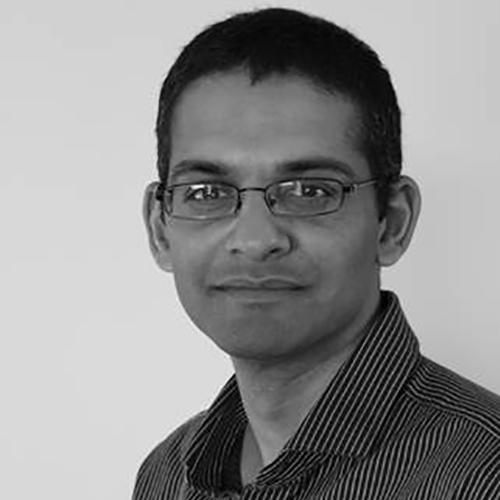
Speaker
Amit Bhattacharyya, Ph.D.
Amit Bhattacharyya is the Head of Data Science at Vox Media, a modern digital media company. At Vox, Amit works across all of their web properties in developing models to better understand audiences as well as working to deliver innovative product solutions such as personalization and recommendations to the platform.
Amit also teaches in the Data Science program at the UC Berkeley School of Information. He received a Ph.D. in physics from Indiana University. Previously, he has led data science initiatives at both ed-tech and advertising companies and worked as a quantitative analyst at various banks and hedge funds for twelve years. In his spare time, he likes to plan skiing and backpacking trips, and dabble with machine learning algorithms for fantasy football.
Thursday, April 15, Noon - 1 p.m.
Synopsis
Once you have an accurate machine learning model, that isn't the end of the story. In order to deploy the model for real-world users, there are many additional challenges that need to be resolved. How do you scale the model to accept queries from millions or billions of users? How do you update the model with new data? How do you explain how the model makes decisions? How do you ensure the model is trained on the right data? This talk will give an overview of standard practices to build infrastructure that will answer these questions and more.
Speakers
Did you miss this talk on Machine Learning? Watch Now on YouTube.
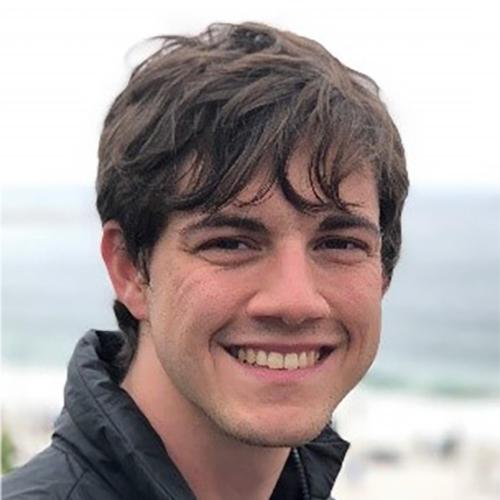
Sean Campbell '16
Sean graduated from the Iona University Honors Program in 2016 with a major in Computer Science and minors in Economics and Math. After college, Sean started in the Software Engineering Residency program at Google. He has since converted to a full-time position as a Site Reliability Engineer and works on ML research 20% of the time.
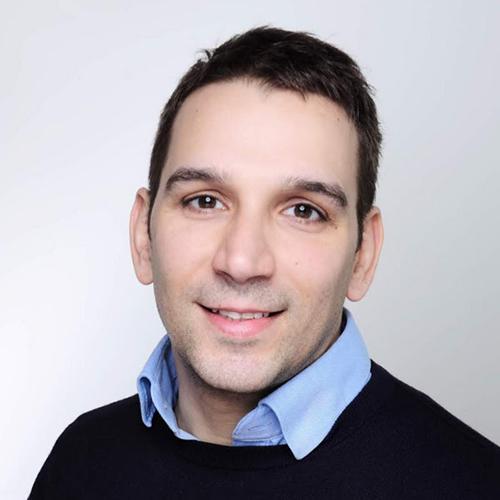
Alexander Del Toro Barba, Ph.D.
Alexander is a Machine Learning Specialist at Google & Practice Lead of the AI/ML specialists team in Germany, Scandinavia and the Alps. Before joining Google in 2018, Alexander worked several years in financial asset management. He holds a Ph.D. in financial time series forecasting and has over six years of experience in scientific research in math, statistics & applied ML.
Thursday, March 11, Noon
Did you miss Betsy Ladyzhets' talk? Watch now on YouTube.
Synopsis
Betsy Ladyzhets has closely followed the world of COVID-19 data for the past year through her independent publication, the COVID-19 Data Dispatch. In her talk, she'll describe several notable journalist-led efforts to address data gaps during the pandemic, ranging from testing data to COVID-19's impact on the prison system.
Speaker
Betsy Ladyzhets
My name is Betsy Ladyzhets. I use she/her pronouns. I currently work as a Senior Research Associate at Stacker, where I am (remotely) based in Brooklyn, New York. I am a Data Entry volunteer for the COVID Tracking Project at The Atlantic and a member of the National Association of Science Writers. In 2019, I graduated from Barnard College of Columbia University, where I studied English (with an official concentration in Creative Writing) and biology (with an unofficial concentration in Loving Trees). I am passionate about using data, in any storytelling means necessary, to help readers connect with scientific concepts. To that end, I’ve sought to communicate science where science has not been communicated before.
Fall 2020
Leveraging Interdisciplinarity for Data Science Pedagogy: An Experiential Approach
Thursday, October 29, Noon - 1 p.m.
Summary
Data scientists must be interdisciplinary, agile, and able to adapt to data analysis across different domains. Both academia and industry are striving to integrate interdisciplinarity into data science curriculum and operations. In this session, we will discuss the vital role of interdisciplinarity in designing a data science curriculum. By leveraging an experiential approach, we will discuss best practices derived from previous endeavors in designing data science courses. Our discussion will also involve different approaches and methods for designing an interdisciplinary data science course.
Did you miss Dr. Asamoah's lecture? Watch now on YouTube
Speaker
Daniel Adomako Asamoah, Ph.D., Associate Professor of Information Systems, Wright State University
Zoom Link
Join this event on 10/29 from PC, Mac, Linux, iOS or Android
Password: 578785
Data Science for Good: Building Data Science Literacy
Tuesday, October 13, Noon - 1 p.m.
Abstract
Data science is a valuable tool we can leverage across many disciplines from healthcare to environmental studies, security to ethics, criminal justice to economics, touching many dimensions of our lives. Increasing data science literacy will enable our students, citizens, industry and government leaders to leverage the vast amounts of data which are increasingly available to us from the past, present and future in order to gain insights which enable us to make our world a better place. In this workshop you will learn about the goals and activities led by the community of the Northeast Big Data Innovation Hub to leverage data science for good. These include data science for Health, Education + Data Literacy, Urban to Rural Communities, and Responsible Data Science including security, privacy and ethics. In preparation for the workshop, read about the Northeast Big Data Innovation hub strategy and projects here.
Did you miss Dr. Hudson's lecture? Watch Now on YouTube.
Speaker
Florence Hudson, Founder and CEO, FDHint
Executive Director, Northeast Big Data Innovation Hub at Columbia University
Special Advisor, NSF Cybersecurity Center of Excellence at Indiana University
Florence Hudson is Executive Director for the Northeast Big Data Innovation Hub at Columbia University. She is also Founder & CEO of FDHint, LLC, a global advanced technology and diversity & inclusion consulting firm, and Special Advisor for the NSF Cybersecurity Center of Excellence at Indiana University. She is a former IBM Vice President and Chief Technology Officer, Internet2 Senior Vice President and Chief Innovation Officer, and aerospace engineer at Grumman and NASA. She Chairs the global IEEE/UL P2933 Working Group on Clinical IoT Data and Device Interoperability with TIPPSS – Trust, Identity, Privacy, Protection, Safety and Security, and has published books on TIPPSS. She serves on Boards at Princeton University, Cal Poly San Luis Obispo, Stony Brook University, Blockchain in Healthcare Today, and the IEEE Engineering in Medicine and Biology Society. She is a founding member of the Program Committee for the NCI Computational Approaches for Cancer Workshop. She has a BSE in Mechanical and Aerospace Engineering from Princeton University, and executive business education from Harvard Business School and Columbia University.
Zoom Link
Join this event on 10/13 from PC, Mac, Linux, iOS or Android
Password: IonaData
Or iPhone one-tap (US Toll): +16465588656,94625001855# or +13126266799,94625001855#
Using Real Data and SPSS in Class
Tuesday, October 6, Noon - 1 p.m.
Synopsis
This presentation will focus on examples of using real secondary data and statistical software (SPSS) to integrate those data into sociology and/or health sciences classes. This will both demonstrate a methodology, but also teach something about sociology/health sciences.
Did you miss Dr. Wagner's lecture? Watch now on YouTube
Speaker
William E. Wagner, III, M.A., M.P.H., Ph.D.
Professor, Department of Health Sciences
Professor, Department of Sociology
Chair, Social Science Research & Instructional Council of the CSU
California State University, Channel Islands
Learn more about Dr. Wagner.
Data Science Feminism
Tuesday, September 22, Noon - 1 p.m.
Speaker
Lauren Klein, Ph.D., Associate Professor, Departments of English and Quantitative Theory & Methods, Emory University
Did you miss Dr. Klein's lecture? Watch now on youtube
Lauren Klein is an associate professor in the departments of English and Quantitative Theory & Methods at Emory University, where she also directs the Digital Humanities Lab. Before moving to Emory, she taught in the School of Literature, Media, and Communication at Georgia Tech. Klein works at the intersection of digital humanities, data science, and early American literature, with a research focus on issues of gender and race. She has designed platforms for exploring the contents of historical newspapers recreated forgotten visualization schemes with fabric and addressable LEDs and, with her students, cooked meals from early American recipes and then visualized the results. In 2017, she was named one of the “rising stars in digital humanities” by Inside Higher Ed. She is the author of An Archive of Taste: Race and Eating in the Early United States (University of Minnesota Press, 2020) and, with Catherine D’Ignazio, Data Feminism (MIT Press, 2020). With Matthew K. Gold, she edits Debates in the Digital Humanities, a hybrid print-digital publication stream that explores debates in the field as they emerge. Her current project, Data by Design: An Interactive History of Data Visualization, 1786-1900, was recently funded by an NEH-Mellon Fellowship for Digital Publication.
Zoom Link
Join this event on 9/22 from PC, Mac, Linux, iOS or Android
Password: 578785
Algorithmic Accountability and the Securing of our Decision-Making Landscape
Thursday, September 17, Noon - 1 p.m.
Did you miss this event? Watch it Now
Abstract
Increasingly big decisions about the lives of individuals are being made in a partnership between human decision makers and computer systems. Algorithmically moderated platforms are making profound impacts on our personal and public relationships such as how we find a job, how we get our news, how we drive from place to place, sometimes even how we find a spouse. This is fundamentally changing the landscape of our societal decision-making processes - from hiring decisions, to decisions about news amplification, to criminal justice decisions - and making them vulnerable to new types of attacks and influences. To build the world we want, we need algorithms and platforms to be accountable and transparent. I will discuss the role of algorithmic accountability in securing these decision-making processes, using examples from my current work in criminal justice software, media manipulation and quantifying machine learning bias..
Speaker
Jeanna Matthews, Ph.D., Professor of Computer Science, Clarkson University
Jeanna Matthews is a professor of computer science at Clarkson University and an affiliate at Data and Society. She has published work in a broad range of systems topics from virtualization and cloud computing to social media security and distributed file systems. She has been a four-time presenter at DEF CON on topics including security vulnerabilities in virtual environments (2015 and 2016), adversarial testing of criminal justice software (2018) and trolling (2018). She is an ACM Distinguished Speaker, a Fulbright Specialist, founding co-chair of the ACM Technology Policy Subcommittee on Artificial Intelligence and Algorithm Accountability and a member of the ACM Technology Policy Committee. She has been a member of the ACM Council (2015-present), chair of the ACM Special Interest Group Governing Board ( 2016-2018), the chair of the ACM Special Interest Group on Operating Systems (SIGOPS) from 2011 to 2015 and the author of several popular books ("Computer Networking: Internet Protocols in Action" and "Running Xen: A Hands on Guide to the Art of Virtualization"). Her current work focuses on securing societal decision-making processes and supporting the rights of individuals in a world of automation. She received a 2018-2019 Brown Institute Magic Grant to research differences in DNA software programs used in the criminal justice system. Jeanna received her Ph.D. in Computer Science from the University of California at Berkeley in 1999, a B.S. in Mathematics and Computer Science from Ohio State University in 1994 and a B.A. in Spanish from the State University of New York at Potsdam in 2016.
Zoom Link
Join this event on 9/17 from PC, Mac, Linux, iOS or Android
Password: 578785
Tuesday, September 8, Noon - 1 p.m.
DESCRIPTION
Is it a new shiny field, or contextualized computing in a new wrapper? In this session I'll lay out some different perspectives on why and how we can apply computing and analytical tools to a range of disciplines, and what background and/or collaborations are necessary in order to do that work. While there are many exciting application areas, there's little agreement on what skills students should learn, and who should be doing this work, or even what it should be called.
Did you miss Dr. Barr's Lecture? Watch Now on Youtube
Speaker
Valerie Barr, Ph.D., Jean E. Sammet Professor of Computer Science, chair of CS and co-chair of Data Science, Mount Holyoke College Valerie Barr
Valerie Barr is the Jean E. Sammet Prof. of Computer Science at Mount Holyoke College, chair of CS and co-chair of Data Science. The road there included 2 stints in graduate school (NYU, Rutgers), time in industry (automated blood analyzers and automated storage and retrieval machines), and multiple academic positions. She's always been interested in interdisciplinary applications of computing because they are fun and you get to work with cool folks from other fields, and since 2004 has been working on curricular development with a goal of changing the demographics of and increasing enrollments in computer science. Her antidote to life on Zoom is bike riding.
Zoom Link
Join this event on 9/8 from PC, Mac, Linux, iOS or Android
Password: 578785
